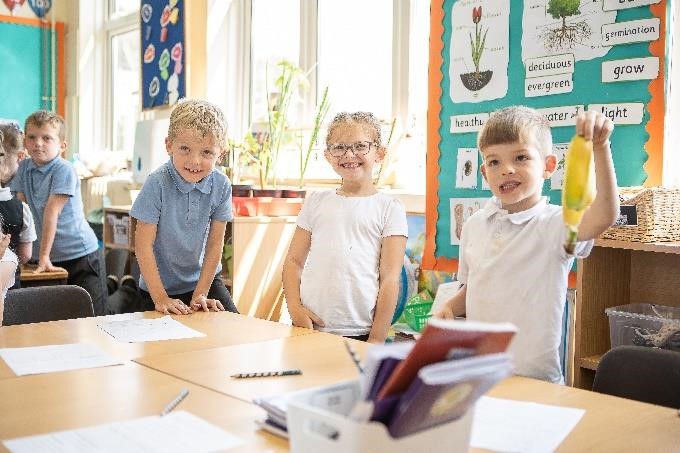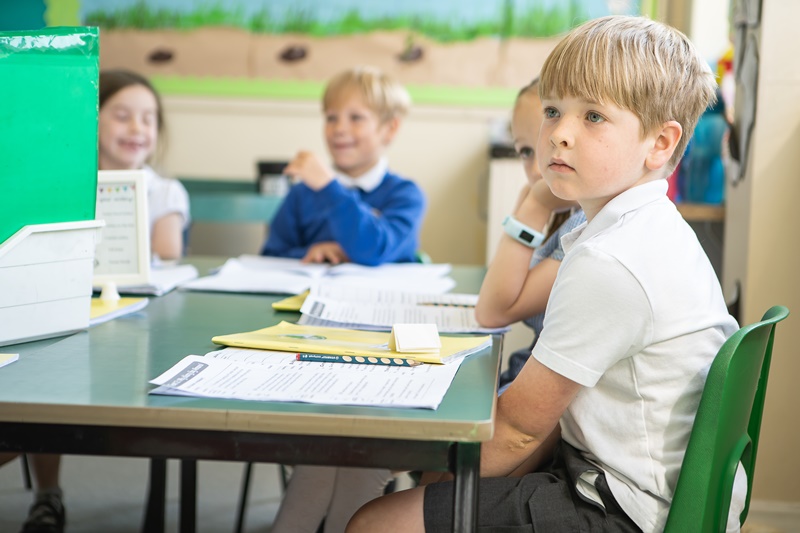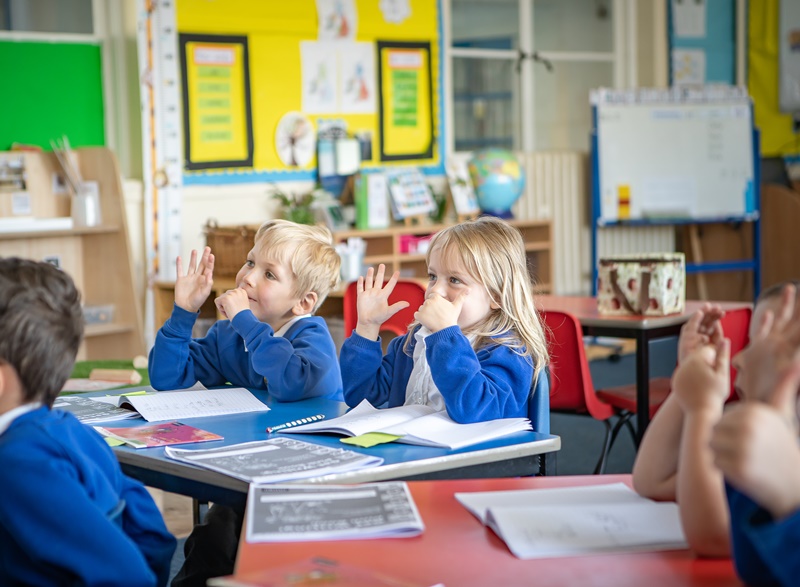Science
At Whipton Barton Federation, we aim to provide all students with a deep understanding of the world around them, beginning from the moment they join us. We cultivate the mindset of children as scientists, encouraging them to approach each task with curiosity and a desire to expand their knowledge. Our Science curriculum equips students with essential practical skills, scientific knowledge, and an understanding of both scientific processes and their real-world applications, both today and in the future.
Practical experimentation is a cornerstone of our approach, allowing students to apply key scientific concepts in real-world contexts. This hands-on learning builds year on year, ensuring comprehensive coverage and preparation for Key Stage 3.
Scientific Enquiry Across the Curriculum
Scientific enquiry is at the heart of each Science unit, with students encouraged to explore questions about the world around them. These enquiry skills are revisited and developed throughout their time at Whipton Barton Federation, ensuring a consistent progression in their understanding. Below are examples of how enquiry skills develop as students move through the primary years.
Reception
In Reception, children are introduced to core scientific principles through exploration and questioning. They engage in activities like testing materials to determine which would be suitable for a bear to wear in the rain. These activities help children develop key scientific skills, such as observation, prediction, critical thinking, and communication. Continuous provision and adult-led activities foster curiosity, with topics such as animal classification, plant growth, and the life cycles of plants and animals explored. Through stories like Supertato: The Return of Evil Pea, children engage in investigations such as how to melt ice, linking storytelling with scientific concepts.

Year 1
In Year 1, children begin asking simple scientific questions and recognise that there are various ways to answer them. They observe the world closely, using simple tools, and start to classify objects. Topics include the identification of plants and animals, the basic structure of common plants, animal diets (carnivores, herbivores, omnivores), and the changing seasons.
Year 2
In Year 2, students develop their scientific enquiry skills by using their observations to suggest answers and record data. Topics covered include living and non-living things, habitats, food chains, plant needs, animal needs, and material suitability.
Year 3
In Year 3, children conduct simple scientific enquiries by asking relevant questions, making careful observations, and recording findings. They investigate plant functions, how water is transported in plants, animal structures, rock and soil types, light and shadows, and the effect of forces.
Year 4
In Year 4, children engage in comparative and fair testing, using scientific language and presenting their findings through drawings, charts, and predictions. Topics include classification of living things, human body functions, animal adaptations, sound production, and electrical circuits.
Year 5
In Year 5, students plan various types of scientific enquiries, take measurements, and use results to make predictions. They explore life cycles, physical and chemical changes, Earth and Space, and magnetism.
Year 6
In Year 6, children refine their scientific enquiry skills by recognising and controlling variables, taking precise measurements, and presenting findings. They explore sustainability, the impact of lifestyle on health, evolution, and energy transfer.
Core Skills and Scientific Enquiry Methods
Throughout their time with us, students develop a range of skills, including observation, planning, investigation, and the use of specialist vocabulary. Effective questioning and communication of ideas are emphasised. Key scientific enquiry methods—such as observing over time, pattern seeking, classification, comparative testing, and research—are embedded in the curriculum. We aim to foster a lasting enthusiasm and interest in Science, helping students to become confident and inquisitive scientists.


